
In yet another demonstration of the troubling rhetoric emanating from some of our pulpits, Archbishop Nicholas Duncan-Williams recently used his sermon to invite his congregation to join him in a prayer for the outgoing President, H.E. Nana Addo Dankwa Akufo-Addo.
In the prayer, he decreed and declared that the President’s exit would be peaceful and not chaotic. At first glance, this may appear like a gesture of goodwill, but beneath the surface lies a disturbing pattern of fearmongering disguised as spiritual insight.
Let us be clear: Ghana is a bastion of peace and democracy in Africa. For decades, we have transitioned power between leaders and political parties without descending into the chaos that plagues many nations. Our democracy has stood as a shining example to the world. Statements like those made by Duncan-Williams subtly undermine this legacy, planting seeds of doubt and fear where none exists.
This is not an isolated incident. It has become a worrying trend for some ‘men of God’ to posture as spiritual authorities by prophesying doom, chaos, or calamity. They claim to have divine foresight into the supposed dark events threatening Ghana, yet these proclamations often do nothing but stoke unnecessary fear and tension among Ghanaians.
Why must a nation that has consistently shown its capacity for peaceful transitions suddenly be reminded of chaos that only exists in the imaginations of supposed prophets?
The truth is that these declarations are less about genuine concern for the nation and more about bolstering the image of those who make them. By presenting themselves as gatekeepers of divine intervention, these preachers seek to appear indispensable to their congregations. They manipulate fears, creating problems where none exists, only to position themselves as the solution. This behavior is deceptive.
Ghana’s peace is not an accident. It is the result of the hard work and sacrifices of Ghanaians who believe in democracy, dialogue, and mutual respect. It is not sustained by fear-inducing prophecies but by the collective will of a people committed to peace.
Moreover, such rhetoric risks having real-world consequences. By repeatedly suggesting that chaos is imminent, they sow anxiety and distrust among citizens. This could lead to unnecessary divisions and even provoke reactions from individuals who take such words as literal warnings.
It is not enough to dismiss these proclamations as harmless religious practices—they have the potential to disturb the relative peace Ghana continues to enjoy.
As a society, we must call out and condemn these tactics for what they are: harmful. Religious leaders should focus on promoting unity, hope, and positivity, rather than spreading fear under the guise of spiritual foresight. Ghanaians must also remain vigilant and reject such attempts.
Let us reaffirm our commitment to the democratic principles and the peaceful traditions that define us. To the men of God who use their platforms for fearmongering, we say: enough is enough. Our nation deserves better.
By Collins Adjei Kuffuor
A UK-based Ghanaian Health and Legal practitioner
The post Why Ghanaians must reject fearmongering from any pulpit first appeared on 3News.
Read Full Story
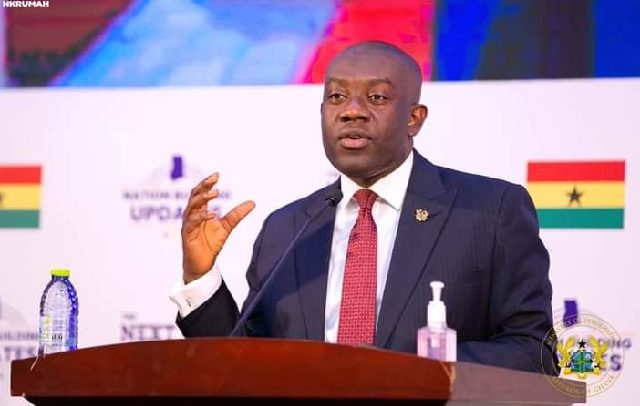




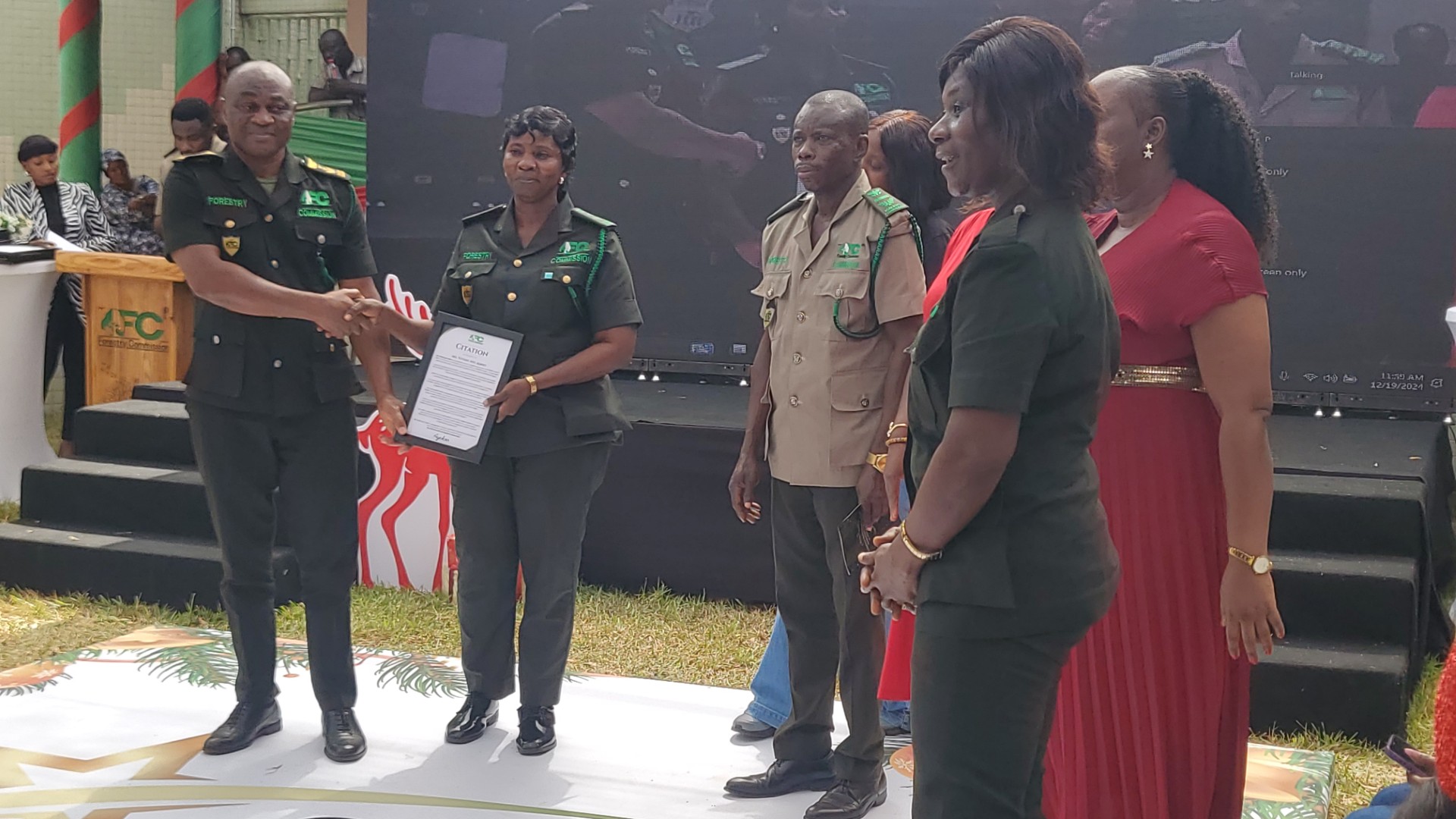
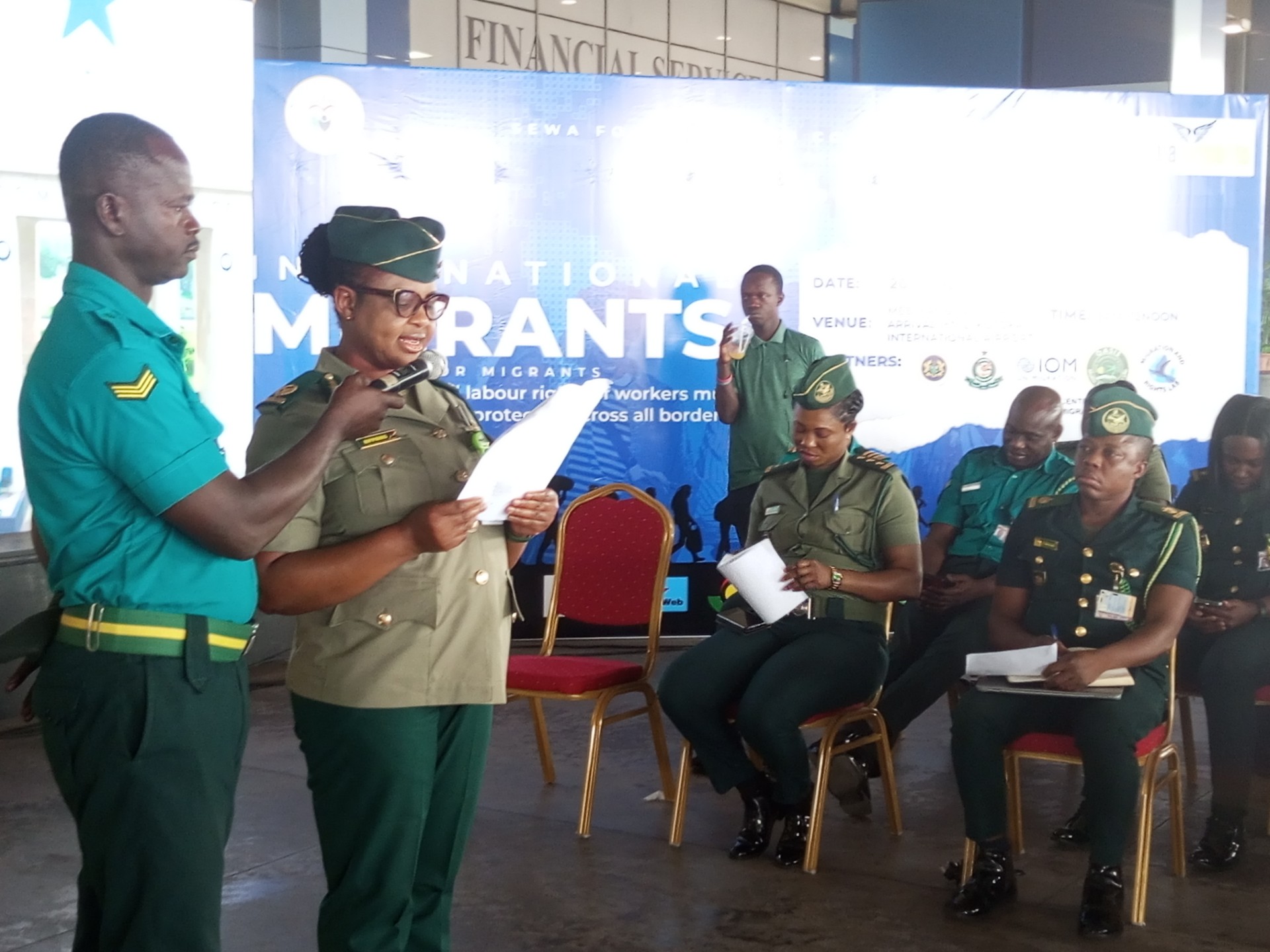

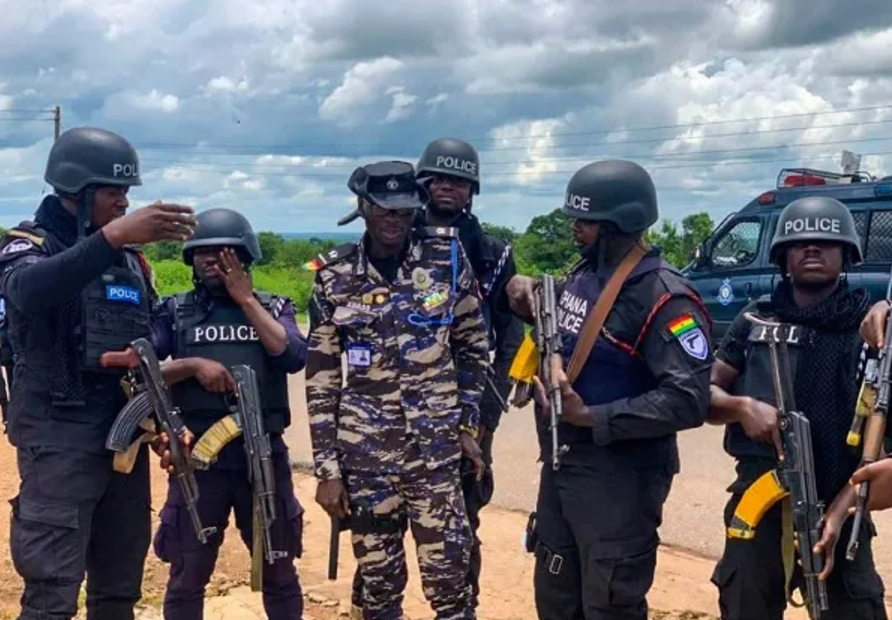
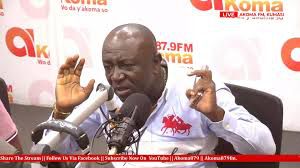



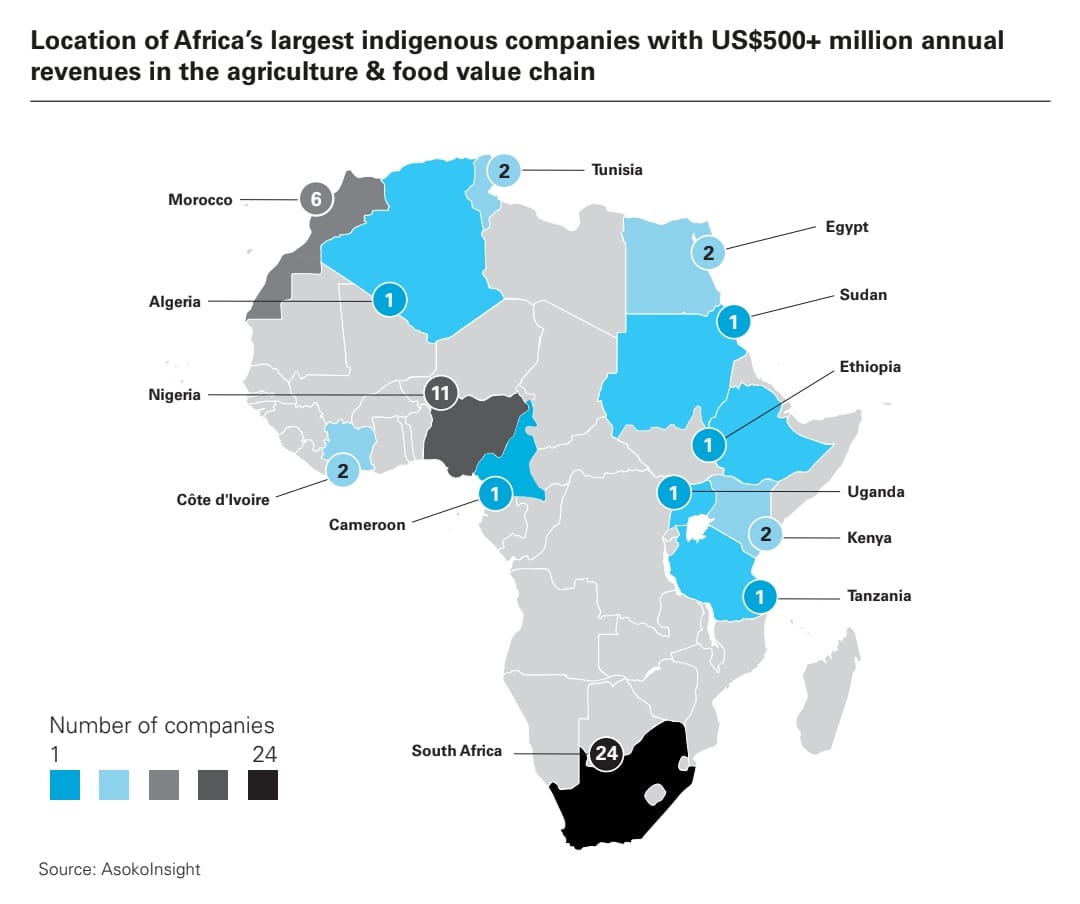
Facebook
Twitter
Pinterest
Instagram
Google+
YouTube
LinkedIn
RSS